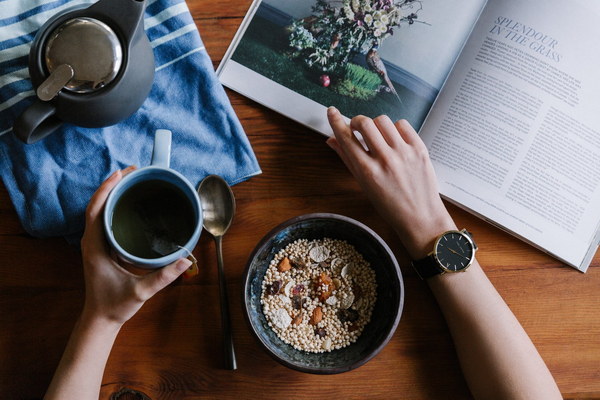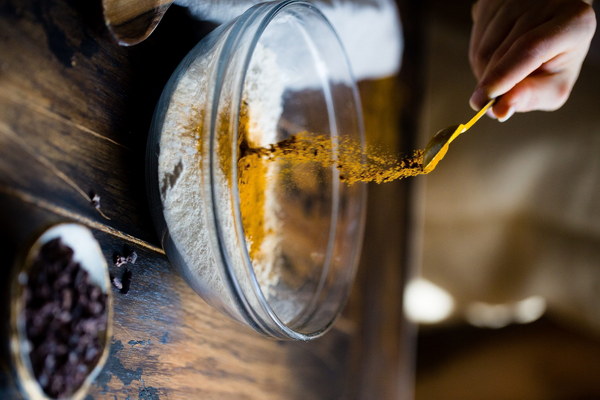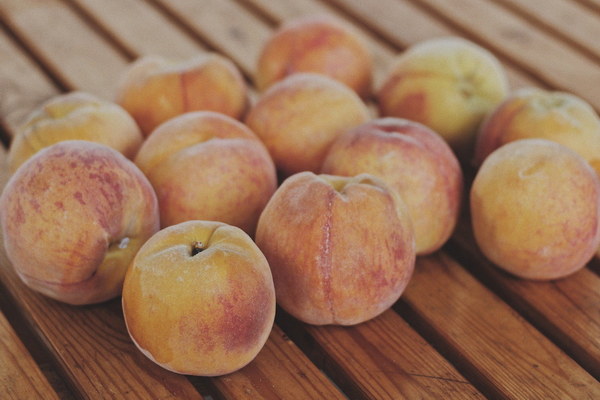Easing the Wetness How to Regulate Your Body for a Healthier You
In the pursuit of maintaining a balanced and healthy lifestyle, it is essential to understand how to regulate your body, particularly when it comes to addressing excess moisture, or 'dampness' in traditional Chinese medicine (TCM). This article aims to provide insights into how to alleviate dampness and promote overall well-being through various methods, including diet, exercise, and lifestyle adjustments.
Understanding Dampness

In TCM, dampness is considered an imbalance in the body that can lead to a range of issues, from minor discomforts to chronic conditions. It is often characterized by symptoms such as fatigue, bloating, weight gain, poor digestion, and water retention. By addressing dampness, you can improve your health and vitality.
Dietary Adjustments
One of the most effective ways to tackle dampness is through dietary changes. Incorporating the following foods can help alleviate excess moisture in your body:
1. Lean proteins: Incorporate lean proteins such as chicken, turkey, and fish into your diet, as they help support your body's ability to eliminate dampness.
2. Bland, cooked vegetables: Opt for bland, cooked vegetables such as carrots, beets, and sweet potatoes, which are easier to digest and help reduce dampness.
3. Herbs and spices: Use herbs like dandelion, turmeric, and ginger to aid in digestion and promote the elimination of dampness.
4. Avoid dampening foods: Limit your intake of dampening foods, such as dairy, sugar, and processed foods, which can exacerbate dampness.
Exercise and Movement
Regular physical activity is crucial for managing dampness. Engaging in moderate exercise, such as walking, cycling, or swimming, can help stimulate circulation and improve digestion. Additionally, practices such as tai chi and qigong, which focus on breath and movement, can help balance your body's energy and reduce dampness.
Lifestyle Adjustments
To further combat dampness, consider the following lifestyle changes:
1. Adequate sleep: Ensure you get enough rest to allow your body to recover and maintain balance.
2. Stress management: Practice stress-reducing techniques such as meditation, deep breathing exercises, and yoga to support your body's ability to combat dampness.
3. Regular bowel movements: Keep your digestive system healthy by maintaining regular bowel movements. Consider natural laxatives or fiber-rich foods if necessary.
4. Temperature control: Avoid exposure to cold and damp environments, as they can exacerbate dampness. Dress warmly, and seek shelter from inclement weather.
Herbal Remedies
Herbal remedies can also be effective in addressing dampness. Consult with a TCM practitioner to determine the best herbal formula for your specific needs. Common herbs used to alleviate dampness include:
1. Atractylodes: Known for its ability to drain dampness and improve digestion.
2. Poria: A traditional Chinese medicine herb that helps absorb excess moisture in the body.
3. Alisma: An herb that supports the liver and promotes the elimination of dampness.
Conclusion
By understanding and addressing dampness, you can take significant steps towards a healthier, more vibrant life. Incorporate these dietary, exercise, and lifestyle adjustments into your routine, and consider herbal remedies to support your body's natural balance. Remember, it is always best to consult with a healthcare professional before making any significant changes to your diet or lifestyle.









